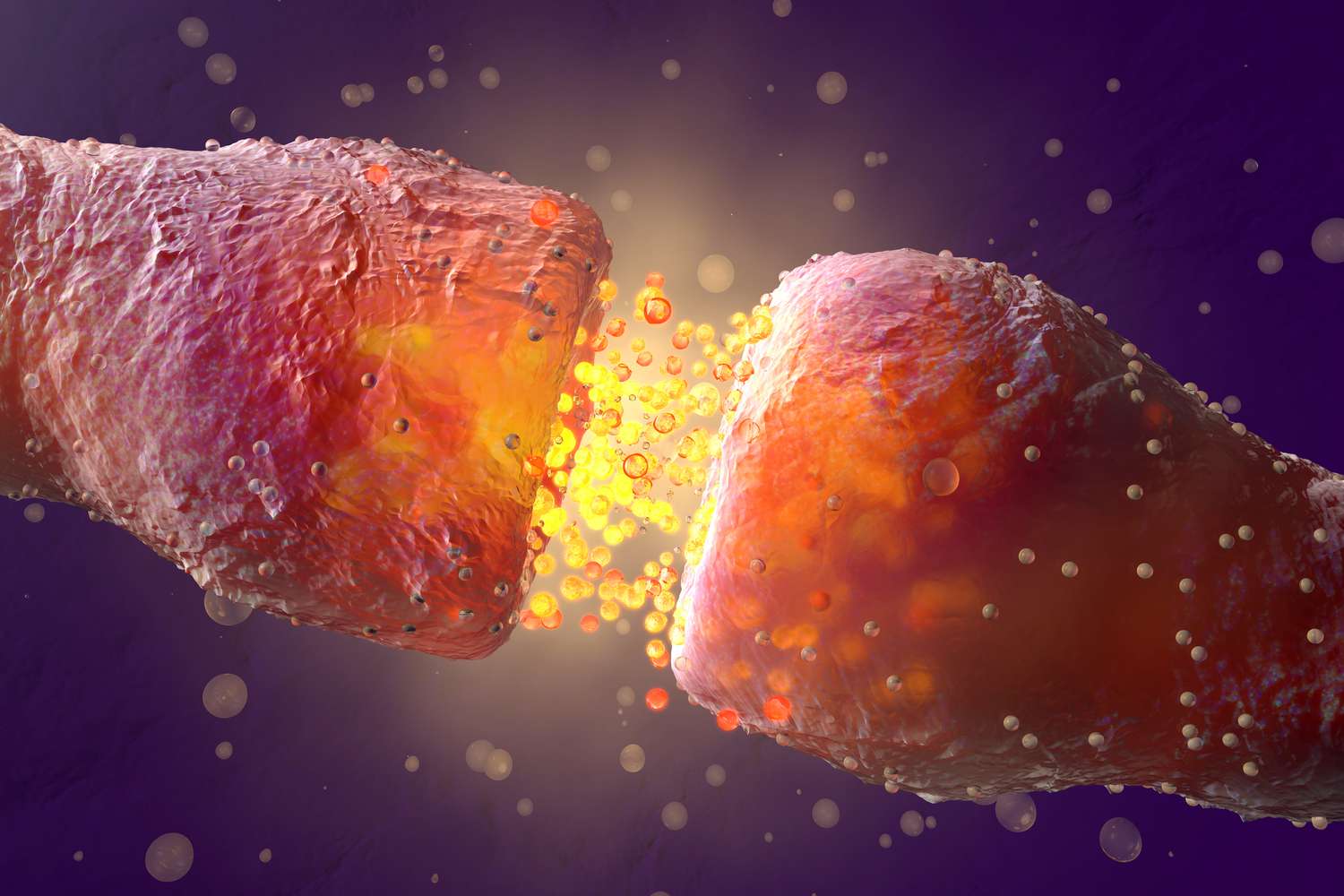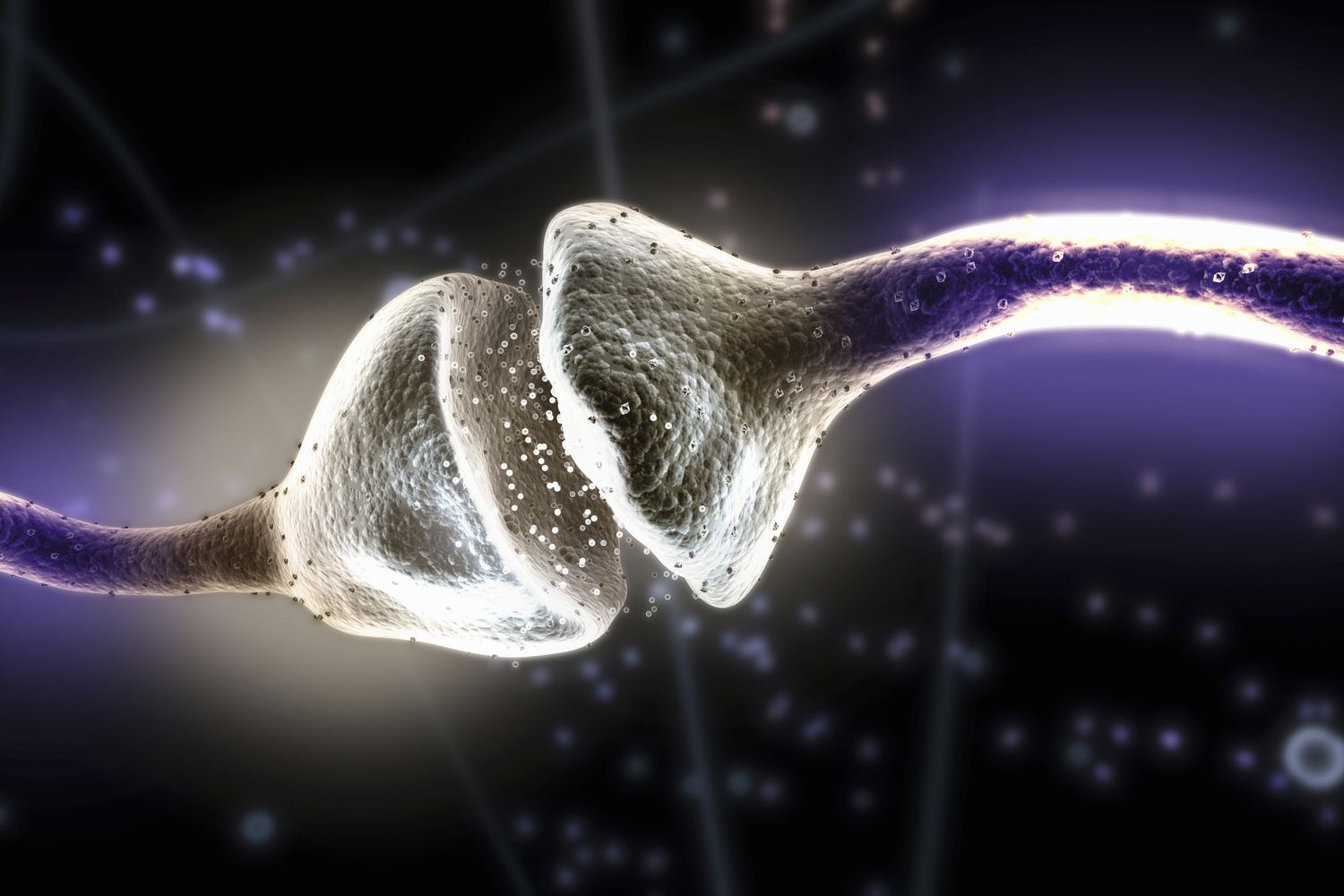
What is acetylcholine? Acetylcholine is a neurotransmitter that plays a crucial role in both the central and peripheral nervous systems. It acts as a chemical messenger, transmitting signals between nerve cells and muscles. This neurotransmitter is essential for muscle contraction, memory, and learning. Without acetylcholine, your body would struggle to perform basic functions like moving, thinking, and even breathing. It’s involved in attention, arousal, and motivation too. Understanding acetylcholine can help you grasp how your brain and body communicate. Dive into these 40 facts to learn more about this vital chemical and its impact on your daily life.
What is Acetylcholine?
Acetylcholine is a vital neurotransmitter in both the central and peripheral nervous systems. It plays a crucial role in muscle activation, memory, and learning. Here are some fascinating facts about this essential chemical.
-
Acetylcholine was the first neurotransmitter discovered. British scientist Henry Hallett Dale identified it in 1914.
-
It is synthesized from choline and acetyl-CoA in nerve terminals.
-
Acetylcholine is broken down by the enzyme acetylcholinesterase.
-
It is involved in both the parasympathetic and sympathetic nervous systems.
-
This neurotransmitter helps regulate heart rate by slowing it down.
Functions of Acetylcholine
Acetylcholine's functions extend beyond just muscle movement. It has a wide array of roles in the body, making it indispensable for various physiological processes.
-
It plays a key role in muscle contraction by binding to receptors on muscle cells.
-
In the brain, acetylcholine is crucial for attention and arousal.
-
It helps with the formation of new memories.
-
Acetylcholine is involved in the sleep-wake cycle, promoting REM sleep.
-
It aids in the dilation of blood vessels, increasing blood flow.
Acetylcholine in the Brain
The brain relies heavily on acetylcholine for numerous cognitive functions. Its presence is essential for maintaining mental sharpness and overall brain health.
-
The hippocampus, a brain region associated with memory, has high levels of acetylcholine.
-
Alzheimer's disease is linked to a deficiency in acetylcholine.
-
Acetylcholine stimulates the release of other neurotransmitters like dopamine and serotonin.
-
It enhances synaptic plasticity, which is crucial for learning.
-
This neurotransmitter is involved in the regulation of mood.
Acetylcholine and Muscle Movement
Muscle movement wouldn't be possible without acetylcholine. It acts as a messenger between nerves and muscles, facilitating smooth and coordinated actions.
-
It activates skeletal muscles, enabling voluntary movements.
-
Acetylcholine is essential for the contraction of smooth muscles in organs like the stomach and intestines.
-
It helps control the movement of the diaphragm, crucial for breathing.
-
This neurotransmitter is involved in the reflex arcs that control muscle responses.
-
Acetylcholine receptors are found in both the neuromuscular junction and the central nervous system.
Disorders Related to Acetylcholine
Imbalances or disruptions in acetylcholine levels can lead to various health issues. Understanding these disorders can help in managing symptoms and improving quality of life.
-
Myasthenia gravis is an autoimmune disorder where acetylcholine receptors are attacked, leading to muscle weakness.
-
Parkinson's disease involves an imbalance between acetylcholine and dopamine.
-
Botulism toxin inhibits the release of acetylcholine, causing paralysis.
-
Excessive acetylcholine can lead to a condition called cholinergic crisis, characterized by muscle twitching and respiratory failure.
-
Certain pesticides and nerve agents inhibit acetylcholinesterase, leading to toxic levels of acetylcholine.
Acetylcholine in Everyday Life
Acetylcholine's influence extends to everyday activities and bodily functions. Its presence is felt in various aspects of daily life, from digestion to mental focus.
-
It aids in the secretion of saliva, essential for digestion.
-
Acetylcholine helps regulate the release of digestive enzymes.
-
It is involved in the contraction of the bladder, aiding in urination.
-
This neurotransmitter helps maintain muscle tone in the gastrointestinal tract.
-
It plays a role in the body's response to stress by activating the "rest and digest" system.
Enhancing Acetylcholine Levels
Boosting acetylcholine levels can have positive effects on cognitive function and overall health. Here are some ways to enhance its production naturally.
-
Consuming foods rich in choline, like eggs and fish, can boost acetylcholine levels.
-
Regular exercise increases acetylcholine production.
-
Certain supplements, like alpha-GPC and citicoline, can enhance acetylcholine levels.
-
Mental exercises, such as puzzles and memory games, stimulate acetylcholine production.
-
Adequate sleep is crucial for maintaining healthy acetylcholine levels.
Interesting Facts About Acetylcholine
Acetylcholine has some intriguing aspects that make it a fascinating subject of study. These facts highlight its unique properties and functions.
-
It is one of the few neurotransmitters that can act on both excitatory and inhibitory receptors.
-
Acetylcholine was once used as a drug to treat glaucoma.
-
It is involved in the sensation of pain, modulating pain signals in the spinal cord.
-
This neurotransmitter can influence the immune system by affecting the activity of certain immune cells.
-
Acetylcholine is also found in plants, where it plays a role in growth and development.
The Final Word on Acetylcholine
Acetylcholine plays a crucial role in our bodies. It’s involved in muscle movement, memory, and even mood regulation. Without this neurotransmitter, basic functions like breathing and learning would be impossible. Understanding acetylcholine helps us appreciate how our nervous system works. It’s fascinating to think about how such a small molecule can have such a big impact on our daily lives. From its discovery to its various functions, acetylcholine remains a key player in neuroscience. So next time you move a muscle or recall a memory, remember acetylcholine is hard at work. This tiny molecule is a powerhouse, essential for life as we know it. Keep learning and stay curious about the amazing processes happening inside you every day.
Was this page helpful?
Our commitment to delivering trustworthy and engaging content is at the heart of what we do. Each fact on our site is contributed by real users like you, bringing a wealth of diverse insights and information. To ensure the highest standards of accuracy and reliability, our dedicated editors meticulously review each submission. This process guarantees that the facts we share are not only fascinating but also credible. Trust in our commitment to quality and authenticity as you explore and learn with us.


